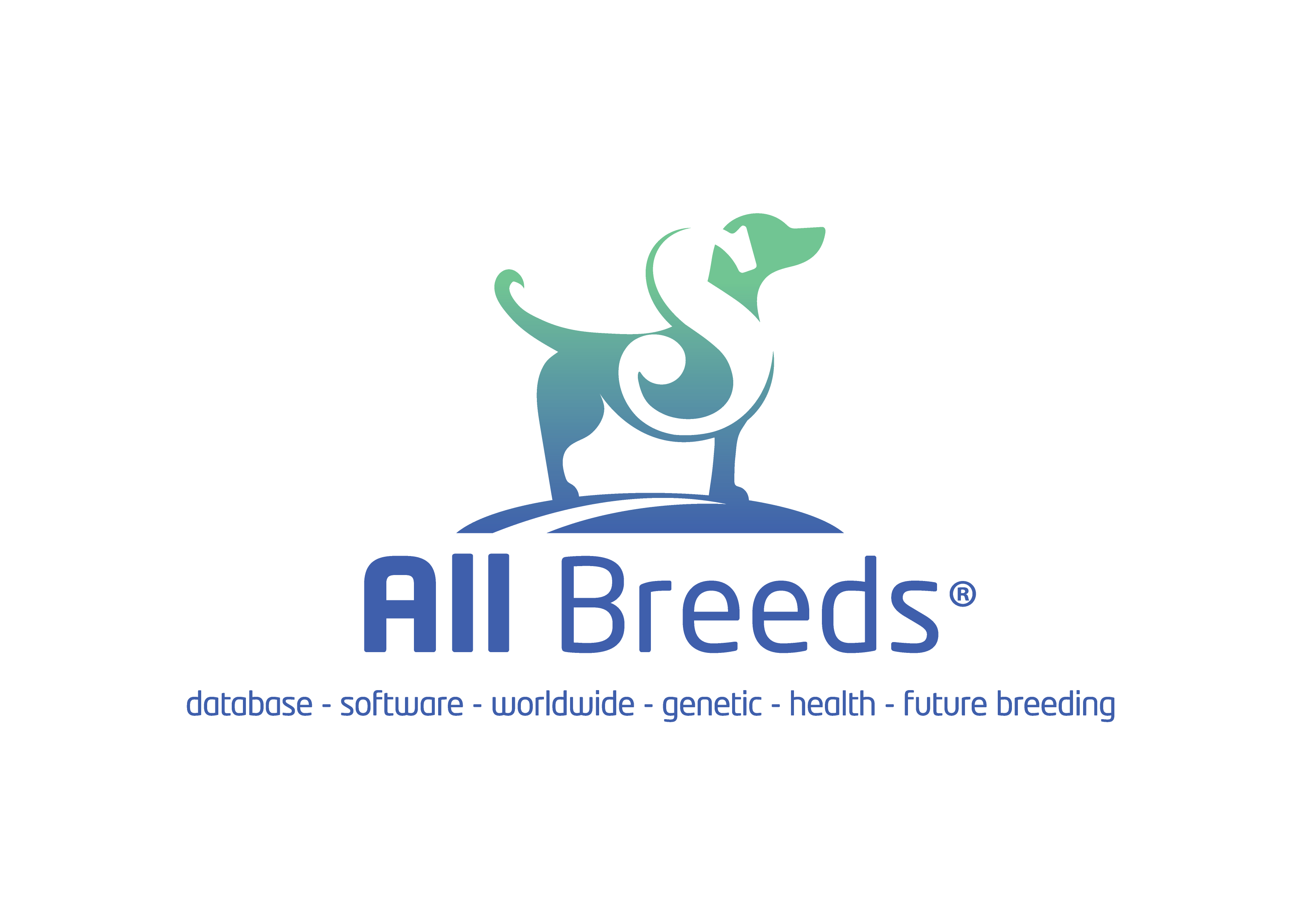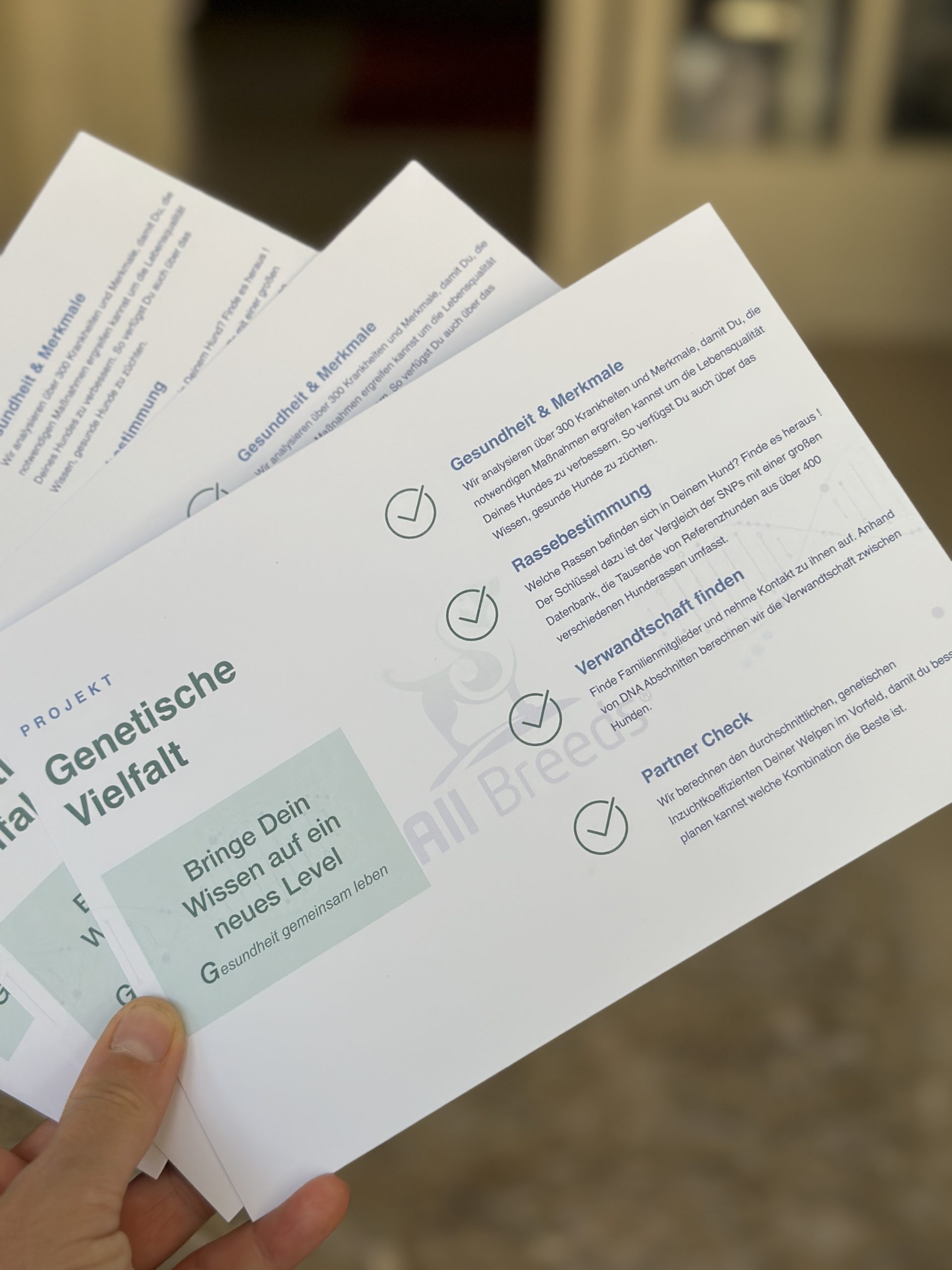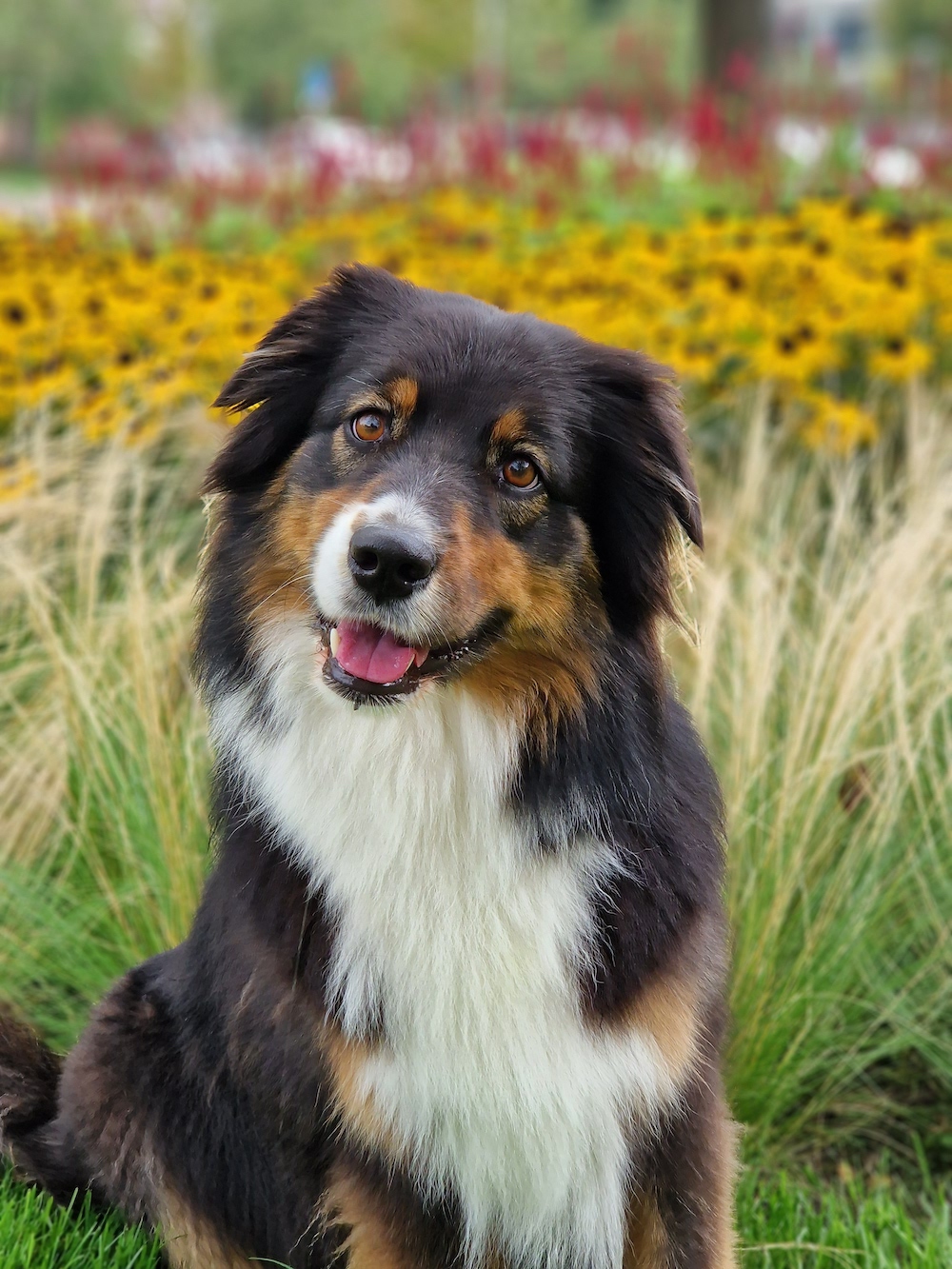Author: Uwe Harer
Ancient Heritage of the Canaan Dog
The demand for healthy dogs continues to grow, which is why more and more people are choosing primitive dog breeds. One such representative is the Canaan Dog. The Canaan Dog genetically belongs to the group of Village Dogs, which are thousands of years old. This somewhat ancient breed is characterized not only by its high perception and deep bondability, but also by an enormous range of behaviors. Robustness, health, and strong resource orientation complete the profile. According to experts, there are approximately 3,000 registered Canaan Dogs worldwide, including the free-roaming ones, the number is estimated to be 5,000. However, even though the rarity and uniqueness of the breed may seem attractive, it should not be overlooked that specific requirements and competencies must be developed for the keeping or breeding of Canaan Dogs.
Health
The Canaan Dog can be considered an above-average healthy breed if breed-specific health risks have been ruled out through genetic tests or health examinations of parent animals or their offspring. It is not sufficient to only perform the currently generally required examinations for eye diseases, hip or elbow dysplasia, as these are rare in the Canaan Dog breed according to statistical surveys by the Orthopedic Foundation for Animals (OFA). American OFA studies indicate that the main health problems for Canaan Dogs are degenerative myelopathy or autoimmune thyroiditis. Other dog breeds are less affected and healthier in these two forms of diseases. Therefore, we cannot confirm the general statement that Canaan Dogs are healthier than other breeds.
How do the health values of Canaan dogs compare to other breeds? According to the OFA, Canaan dogs rank 25th out of 59 breeds in terms of Degenerative Myelopathy. The OFA data shows that by the end of 2019, only 57.1% of Canaan dogs tested for Degenerative Myelopathy were free and healthy (152 out of 266). Genetic carriers without symptoms of the disease (dm-carriers) accounted for 37.2% of the tested dogs (99 out of 266). 5.6% were seriously affected as dm-risk carriers (15 out of 266). It can be concluded that in 2019, a total of 114 out of 266 Canaan dogs in the American test population were affected by health issues, which corresponds to a percentage of almost 43%. The second most serious health issue after Degenerative Myelopathy is autoimmune thyroid disease. In comparison to 115 other breeds examined, Canaan dogs ranked 37th. According to the American OFA survey, 87% were healthy (168 out of 193).
From a breeding perspective, the question arises whether carrier animals affected by degenerative myelopathy (dm) should be kept in the breeding population or not. By excluding dm carrier animals from breeding, the spread of the disease risks could be prevented. Other experts point out the risk that valuable genetic material could be lost as a result. Previous breeding regulations of the OFA or national associations therefore advocate for controlled breeding with dm carrier animals. If genetic dm carrier animals remain in the breeding pool, in our opinion, they should only be paired with dm-free animals in order to not further promote this disease trait and to breed it out of the breed in the future.
Family dog, household companion or “pack member”
It is often said that Canaan dogs are good family dogs and show good interaction with children and other pets within their pack. However, the concept of family suitability needs to be defined more precisely. What is a family? Is it just the immediate household? All residents or only those who come and go daily? What about older children who occasionally visit and are technically part of the original family but live elsewhere? What about visiting children? What about friends of the household? It is clear that the Canaan dog guards its territory. And it protects its pack. And here is where it becomes more nuanced. The Canaan dog sometimes views its pack differently than humans do. Stray cats or squirrels, for example, are not considered part of the pack. Based on our observations, the daily adult household members, all children, all pets, and even livestock such as chickens or sheep are considered part of the pack. In multi-dog households, the other dogs are also considered part of the pack, even if they don’t always get along well with each other. With adult children who live elsewhere and only visit occasionally, it is different. It may still work for the Canaan dog to tolerate them. However, it is also possible that the dog will indicate with a clear warning bark that these older children are strangers to him. Visiting children can also be tolerated but are closely monitored. Canaan dogs will retreat to a corner and quietly observe what is happening. This also applies to friends of the family.
When it comes to craftsmen, garbage collectors, or the mailman, it is important to be more careful so that they are not unexpectedly barked at. Furthermore, most Canaan dogs are rather reserved in their daily lives indoors. In our experience, the label of being family-friendly only has limited validity, possibly for the inner core of a household and maybe even for extensions if the individuals involved treat the dog respectfully on a case-by-case basis and if the dog has been given sufficient socialization and appropriate training to allow for a secure bond. We advocate for the term “pack-friendly” because it better reflects where a Canaan dog can be well integrated.
A Breed for Individualists
Canaan dogs are suitable for connoisseurs – but not necessarily for people with experience in other breeds – but rather for those with experience in leadership, body language, and self-control of their own emotions. Dog beginners can certainly be “canaan-capable” if they possess pronounced empathy, do not become uncontrollably aggressive, and above all, are not yielding. Positive previous experiences with Canaan dogs make handling them easier. In general, various experts recommend a lot of socialization for all Canaan dogs, no matter how spirited they are. This refers to an ongoing process that includes not only a few weeks in a puppy group at a dog school but also many years of socialization and training by a dog trainer who knows Canaan dogs because their life expectancy can be up to 17 years.
As with other dog breeds, there are representatives of all extremes in the behavioral range for both genders. The scale ranges from fearful to aggressive dogs, from introverted to extroverted. There are highly suspicious individuals as well as exuberantly friendly ones, dogs with very quick excitability as well as those with stoic calmness. There are both very insecure and very nerve-strong representatives. And even in this semi-wild dog breed, there are dogs that literally throw themselves into conflict under stress and those that initially seek refuge in flight and try to gain orientation. There are very freedom-loving females as well as very bonding and loyal types. All of this cannot be generalized, but certain tendencies can appear in everyday life.
Canaan dogs are an ancient heritage and worthy representatives of a rare old breed. Just as they can handle themselves independently and survive in the wild in a wolf-like manner, they are also capable of deep bonding, strong person orientation, and loyal companionship. Those who possess the down-to-earth nature and endurance required for this unique and independent breed can find great joy in owning a Canaan dog. Furthermore, those who are willing to fully embrace the inherent nature of their Canaan dog and remain committed to a long-term process of working together, even in the face of problems, can be rewarded with great companionship.
Uwe Harer, owner of the Canaan Gen breeding facility – dedicated to health research, behavioral observation, and preservation breeding of authentic Canaan dogs, along with his wife Jacqueline Harer. Collaborative research kennel of the University of Jena, cooperative breeder of the DAZ (German Assistance Dog Center), preservation breeding with behavioral assessment, utilization tests, prevention genetics, and breed-specific health transparency for natural species preservation. Dipl. Wirt.-Ing. (University of Karlsruhe). With our name Canaan Gen, we emphasize the essential importance of modern genetics with the possibilities of DNA and health examinations.
Links: Canaan Dog Canaan Dog Eu Assistenzhunde Zentrum White nobless


